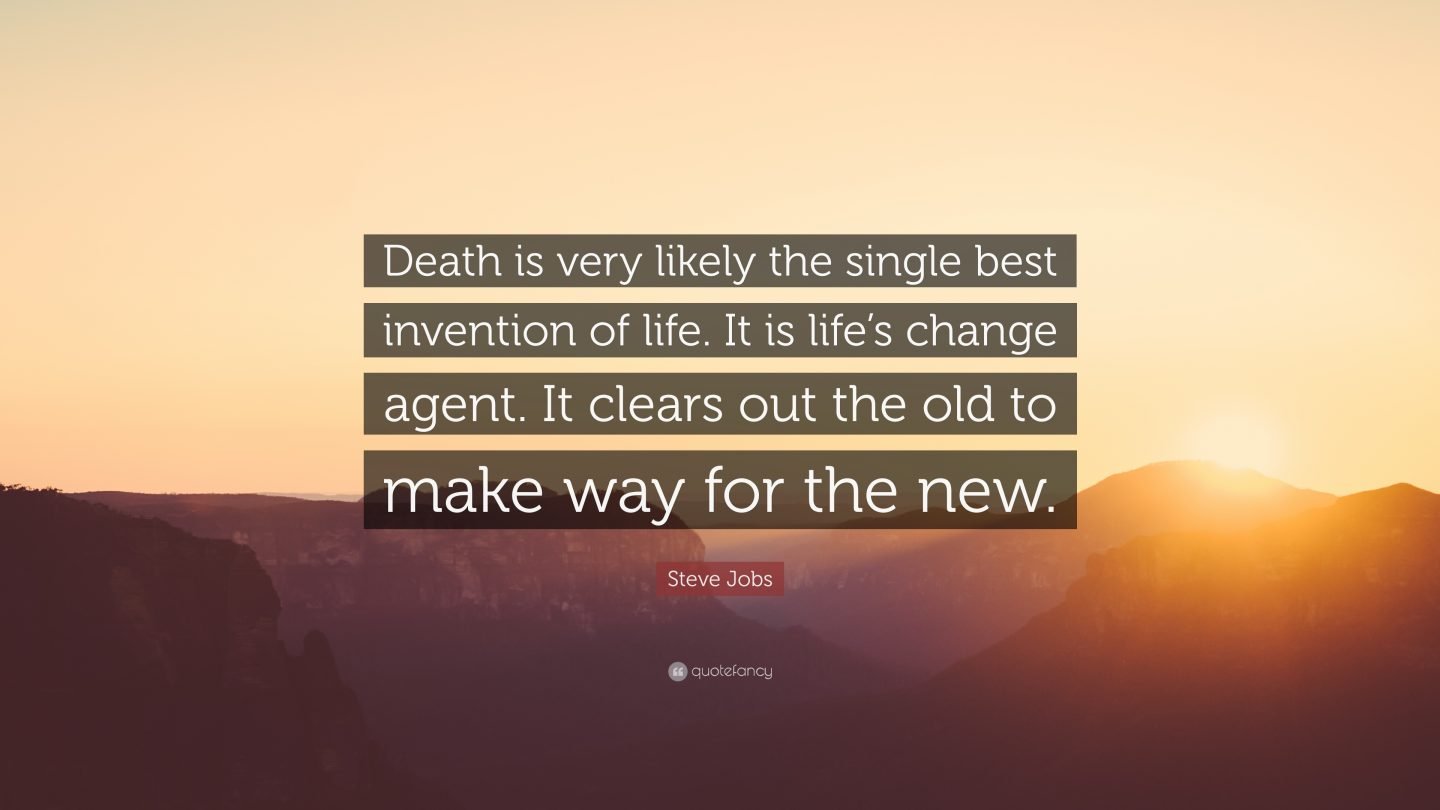How to Deal With a Setback: 5 Practical Tips

It happens all the time. Life is chugging along smoothly and we think we’ve got it all situated just as we’d planned. And then, boom! A life-changing curveball comes at you and throws you off your perfectly laid path.
This curveball may show up disguised as one of the following:
- A job layoff
- The promotion you were expecting didn’t come through
- The project you’d been passionately working on either fell apart or got canceled
- Your partner declares their unhappiness with the relationship
Life is full of these setbacks and moving through these times is often an emotional roller coaster that has you begging to get off this particular ride. In fact, you might be going through a spiritual awakening.
So what do you do when these things happen? Do you cry and complain to anyone that will listen? Do you suck it up, power through, and put all your energy into solving the crisis?
Perspective and Practice
Each of our unique personalities and mindsets will guide us to approach setbacks in wildly different manners, none of which can be judged as being better than another. But I believe that how we move through these difficult times is what allows our character (and our soul) to evolve over time. If life were easy and we never had to deal with adversity, we would stay exactly as we are.
However, there are certain perspectives we can keep in mind as we prepare to field the curveballs that life throws our way and I’ve outlined them below. I like to think of them as a set of tools we can carry in our toolbox. You don’t have to use all of them but some combination of them will work for some situations and others will come in handy for other situations.
1. Feel Everything Now
I can’t overstate how important it is to allow whatever you’re feeling to come through you. If you want to cry, scream, be angry, sit in quiet sadness - do all of it and don’t hold back. Ideally, you can create a private space to do this - either alone or with trusted friends and family - but if you can’t, then allow yourself to feel it in public in a safe place (e.g., keep tissues handy, but maybe refrain from yelling at innocent bystanders).
This is such a crucial step because allowing yourself to fully experience your feelings is about letting that energy go.
Expressing your emotions is one of the best ways to release negative energy from your body.
If you don’t do it, if you decide that it’s not necessary or that you don’t have time or space to do it, this what will happen: it will sit there and patiently wait for another time that may or may not be better.
The Closet of Unfelt Feelings
Think of it like your junk closet. You know the one that you put all those miscellaneous items in that you swear you’ll organize later but never seem to get around to doing. Each time a problem or setback occurs, you open that door, put one more unfelt emotion in, and it begins to add up.
Before you know it, there’s no more room in the closet. But that doesn’t stop you, now does it? You keep stuffing emotions in there until one day, you open it up to put one more feeling in but because it’s already stuffed to the brim, the whole thing explodes all over you. This is often experienced as an emotional breakdown.
Has that ever happened to you? Your significant other says something annoying, and instead of expressing your frustration, you take that emotion and plan to tuck it away in your Closet of Unfelt Feelings and boom! All the feelings come pouring out, and you ended screaming at them for ten minutes about the time they forgot your birthday two years ago and how they never remember to dry the dishes after washing them.
It’s like a volcano that has been slowly gathering up lava and steam before it lets its destruction loose on the poor, unsuspecting townspeople below.
Prevent Eruption
Don’t be that volcano. Allow yourself to feel what you’re feeling when you’re feeling it. It’s like slowly releasing a valve to reduce the pressure on a system. By doing that, you’re far less likely to explode later on. (NOTE: Starting this practice now is important but will not solve the problem of all the emotions you’ve already put in that closet over the last couple of decades. You might want to start unpacking and exploring those before they become Mt. Vesuvius  ).
).
2. Remember that Everything is Temporary
It’s so important to remember that nothing lasts forever, not the best things in life nor the worst. Knowing that there is, in fact, an end to the tunnel, whether or not there is light there, is important.
This seems like such a cliche but if you look back at your life, you’ll see that it’s true. Relationships, both romantic and platonic, have ended either by your choice or someone else’s. You’ve started new jobs and new families. Your hairstyle and your wardrobe
It may seem morbid to think this way but impermanence is actually one of the main tenets of Buddhist philosophy. In our Western culture, we often hear it said as “Change is the only constant.”
3. Reflect and Identify Lessons Learned
Now that you’ve felt what you needed to feel and know that nothing lasts forever in its current form, take some time to reflect and inspect as I have defined them below:
- Reflection: Replaying events in order to remember how they came to be.
- Inspection: At each critical point, seek to understand what might have prompted certain choices or results.
It’s important here to remember that you are not trying to place blame or figure out what you could have done to prevent it. What’s done is done. Now is the time to understand what this experience is meant to teach you.
For example, if you’ve lost a job, reflect on why you took that job in the first place and ask yourself these questions:
- Did I love going to work each day?
- Did I end my days with a sense of fulfillment and gratitude?
- Would I keep doing that job even if I didn’t get paid to do it?
If you answered no to any of these questions, then perhaps the job wasn’t the one you were supposed to be in. Maybe you dreaded waking up each morning or hated interacting with your coworkers. Maybe you were wishing you had a different job but just hadn’t started the process of looking for one.
Forced Into Action
Sometimes the unexpected changes in our lives are meant to stir things up. For example, you could view a job loss as an example of the Universe kicking you in the ass to say, “Hey, we both know you’re unhappy at this job but you’re not doing anything about it. I’m going to help you speed things up by getting rid of this crappy job for you so that you’ll be forced to find the job that you are actually meant to be in; a job that is in greater alignment with your purpose.”
I highly recommend writing your thoughts and realizations down so that as you move through this process, especially in those moments when you’re feeling lost and useless, so that you can look back at all that you’ve learned.

4. Recognize the Opportunities
Sometimes endings are required for new beginnings. Not always, but sometimes. When a baby is born, life as they know it changes for the new parents. That version of their existence ends and a new life with a new version of their family begins.
The same goes for the end of a relationship. After a breakup, you have the option to leave the old you behind with that relationship and create a new version of yourself. Would you have done that if the relationship hadn’t ended?
When something is removed from your life, a space is opened up for something new.
5. Decide What You Will Create
You’ve been given a chance to fill this gap with something new. If a job or relationship has run its course, think of it like being handed a blank canvas.
Ask yourself:
If I could do anything right now, what would I do?
Would you get another job just like the one you lost? Are you going find another boyfriend just like the one who broke up with you? Will you take on a project just like the one that failed?
Or will you seize this setback as an opportunity to envision and pursue something greater?
Could you see the layoff as a chance to look at your talents and interests to find a role much better suited to you? Will you stop seeking positive affirmations from a partner and start working on developing greater self-love? Can you start a new project with a different plan or approach that builds on your lessons learned?
In the blank space that is left by an ending of one thing, you have infinite possibilities to create something new
With gratitude...
It’s my deepest wish that this post has provided you with some things to think about and perhaps even the inspiration to make a small change in your life. I am always eager to hear your thoughts so please leave any feedback you have in the comments below.
Thank you 

